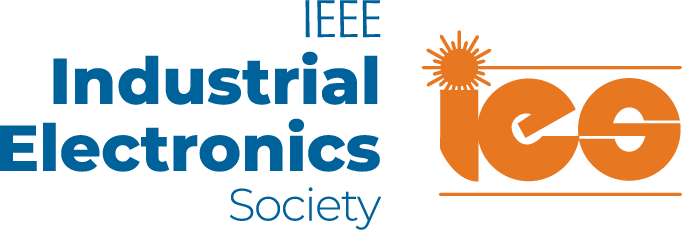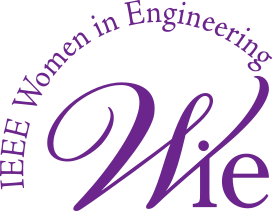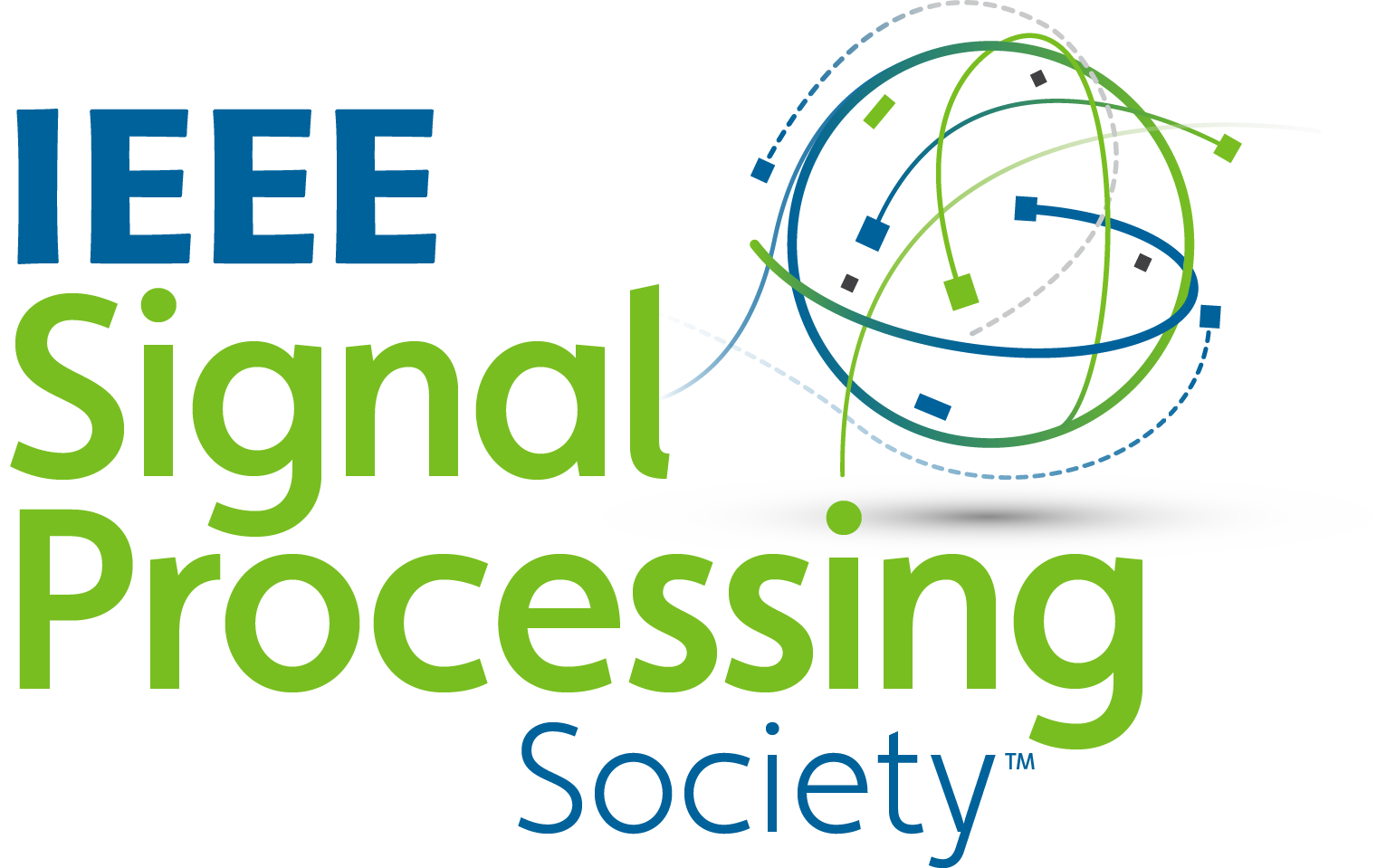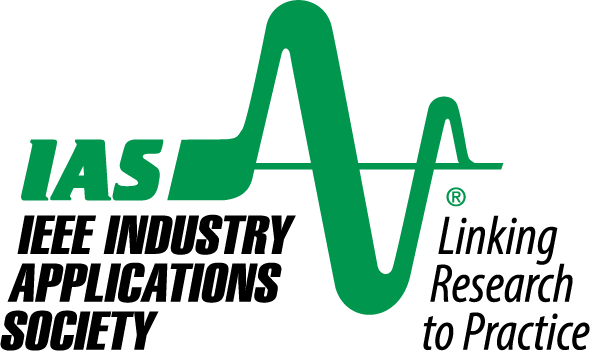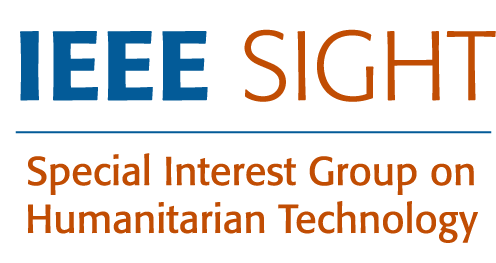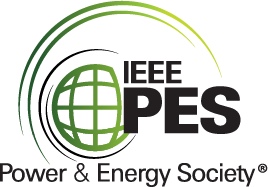About Us
About IEEE
IEEE, the Institute of Electrical and Electronics Engineers, stands as a global beacon of technological advancement and innovation. Established in 1884, IEEE has evolved into the world’s largest technical professional organization, boasting over 400,000 members spanning more than 160 countries. With a mission to foster technological innovation for the betterment of humanity, IEEE serves as a catalyst for collaboration, knowledge sharing, and standardization across various technical domains. Through its extensive range of activities, including publications, conferences, standards development, and educational initiatives, IEEE provides invaluable resources and support to researchers, engineers, and professionals worldwide. Its technical societies cover a diverse spectrum of fields, from aerospace and communications to computing, robotics, and beyond. Additionally, IEEE plays a pivotal role in shaping the future of technology through its focus on education, professional development, and the promotion of ethical practices in engineering. By bringing together a global community of experts and enthusiasts, IEEE continues to drive progress and innovation in the ever-evolving landscape of science and technology.
Visit WebsiteAbout IEEE Kerala Section
IEEE activities in Kerala were formally initiated on 17 February 1975 as a subsection under the then India Section. Kerala subsection became part of the Bangalore Section in 1976 upon formation of India Council, and later, it became a full Section in 1983. From the outset, IEEE Kerala Section has been noted for its vibrant activities. Several innovations from IEEE Kerala Section in organizing activities for students as well as professionals have been appreciated and replicated by the global IEEE community. Winner of MGA Large Section Award in 2015 and Region 10 (Asia Pacific) Outstanding Large Section Award in 2004, 2009 and 2015, IEEE Kerala Section has been organizing high quality, high impact technical events including several international conferences in the recent past. The Humanitarian Technology initiative (which later led to formation of SIGHT), the first ever IEEE Job Fair for Undergraduate Students, the formation of LINK (Local Integrated network of Kerala) – a framework connecting all the Student branches in the Section, which has been replicated globally, and the coining of “Joy of Volunteering”, have been some of the humble initiatives that trace back its root to Kerala Section.
Visit WebsiteAbout TKM College of Engineering
TKM College of Engineering, situated in Kollam, Kerala, has a prestigious history spanning six decades as the state’s first government-aided autonomous engineering college. Established in 1958 under the TKM College Trust, it offers undergraduate programs in eight engineering branches, architecture, and ten specialized postgraduate programs, including MCA. Associated with APJ Abdul Kalam Technological University since 2015, TKMCE holds accreditation from NBA and AICTE, with a NAAC A-grade rating and NIRF recognition. With 200+ faculty members and advanced research facilities like Computational Fluid Dynamics and Nanotechnology Labs, TKMCE is known for its innovation and academic excellence. The college prioritizes holistic development through central and departmental libraries, computer facilities, hostels, and sports amenities. It also emphasizes industry collaborations and international partnerships with leading institutions, enhancing its academic ecosystem.
Visit WebsiteAbout TKM College of Engineering
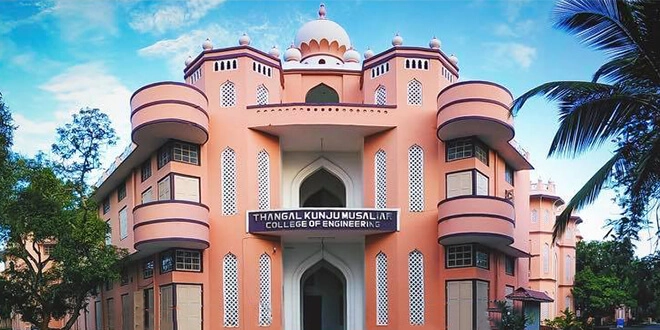
About IEEE SB TKMCE
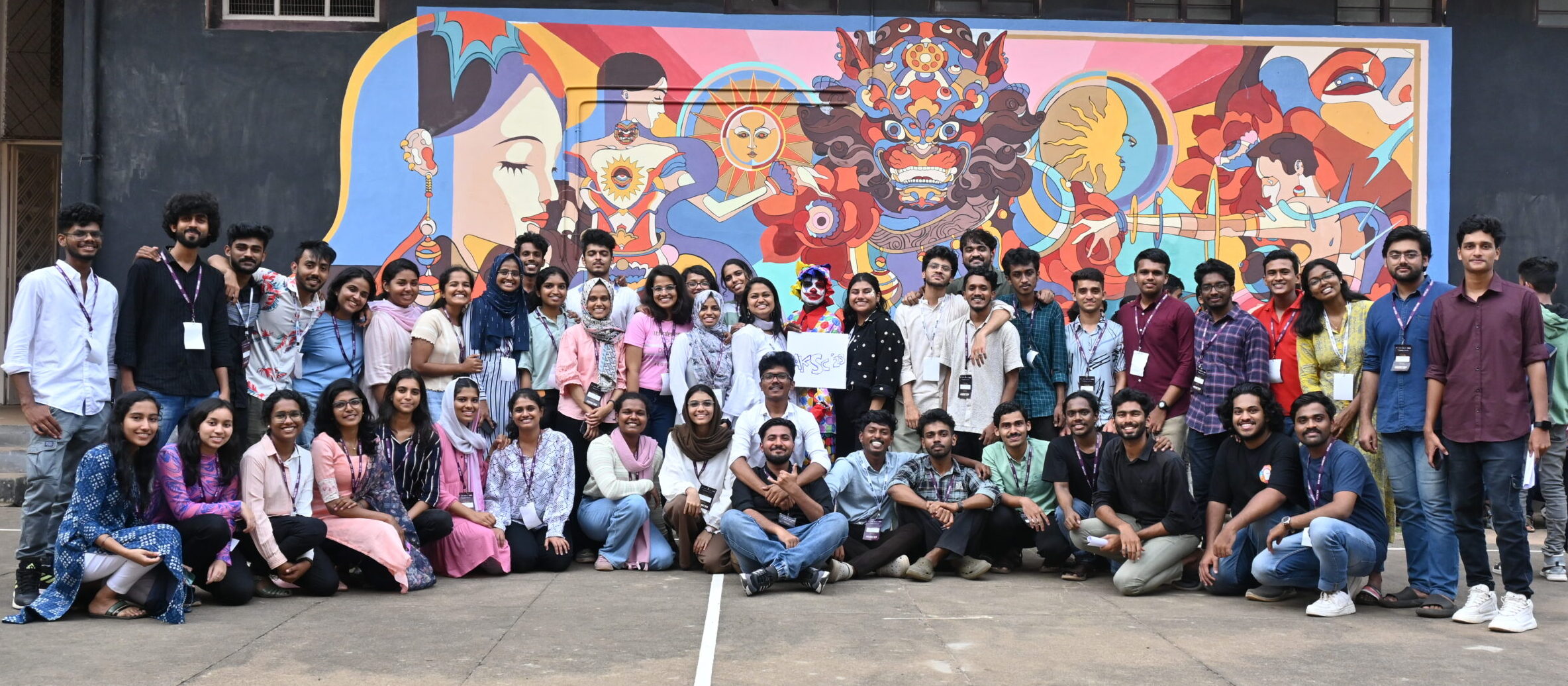
About IEEE SB TKMCE
IEEE SB TKMCE, founded in 1986, is a beacon of technical excellence in Kerala. Through workshops, competitions, and events, it fosters innovation and learning. Its flagship events like AKIASSC and AKSC showcase its commitment to student development. Encamp and Recevoir nurture talent and curiosity among members. With a dedicated team and vibrant community, it inspires students to push the boundaries of technology. In over three decades, it has left an indelible mark on TKM College of Engineering.
